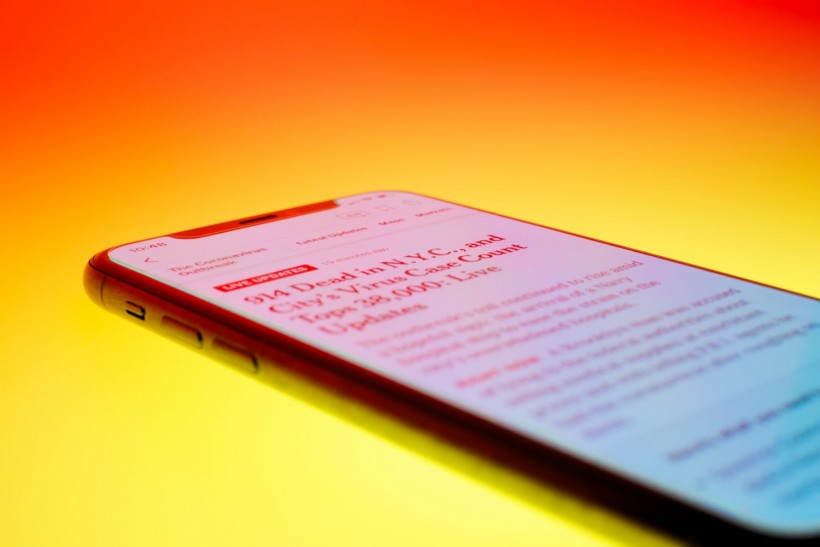
The Federal Trade Commission (FTC) is pushing down on telehealth firms' data-sharing practices, emphasizing the industry-wide uses of data that many businesses have neglected to disclose to their customers.
FTC vs. BetterHelp
BetterHelp, an entity of Teladoc Health, sought a settlement with the FTC earlier this month about charges that the therapy-focused telemedicine firm breached its customers' privacy by sharing their health data with advertising partners.
According to The Wall Street Journal, data privacy experts believe the agency will continue investigating telehealth apps due to their comparable data-sharing methods.
Senior FTC privacy and data security attorney Miles Plant expressed worry that customers' sensitive information was so readily available online. Keeping "these companies honest and transparent about what they're collecting, what they're using it for, and who they're disclosing it to," as Plant put it, is a priority for the FTC.
BetterHelp paid off the lawsuit without admitting responsibility. It defended its procedures as typical of the business world, claiming that the FTC was trying to "set new precedents around consumer marketing."
The company would have to pay $7.8 million and be prohibited from sharing customers' health data for advertising purposes under the FTC's proposed order, which is anticipated to be approved by the commission.
Over-reliance on Telehealth Apps
At the start of pandemic lockdowns, millions of customers flocked to telehealth providers, compelling federal authorities to relax certain limits on virtual healthcare and opening the way for rapid expansion.
Consumers continue to use apps for medical, therapeutic, and other purposes. According to Rock Health, a research and investment organization, by 2022, 80% of US customers who participated in a digital-health study reported using telemedicine services, up from 72% in 2021.
Based on projections from industry researcher IBISWorld, telehealth revenue would increase by 4.6%, reaching $30.40 billion by 2023.
Nicholson Price, a professor at the University of Michigan Law School, has observed that many customers have the mistaken belief that their health information is always protected by Health Insurance Portability and Accountability Act or HIPAA.
He argued that HIPAA does not apply to patient-sharing platforms like apps since users are responsible for their own data. However, that does not prevent most businesses or app makers from trading, selling, or licensing information like that.
See Also: DC Health Link Informs Congress of Sensitive Health Data Breach
Issues With Confidentiality
The FTC has reached agreements with other businesses on privacy-related issues.
To settle FTC claims that it improperly revealed customers' sensitive health information to advertising, prescription medicine discount provider GoodRx agreed to pay a $1.5 million civil penalty earlier this year. A spokesperson claimed the firm did not acknowledge wrongdoing and had already taken steps to fix the problems before the FTC investigation started.
As reported by the FTC in 2017, Kochava was accused of selling geolocation data that might identify users' travels to abortion clinics, addiction-recovery programs, and other sensitive areas.
The FTC settled with Flo Health, a menstrual monitoring app developer, in 2021 over charges that the company had inappropriately shared users' personal data with Facebook and others. According to a business spokesperson, Flo Health settled without admitting wrongdoing and has subsequently conducted an external, independent privacy assessment.
See Also: Reddit Confirms Phishing Attack Took Place Last Feb. 5










